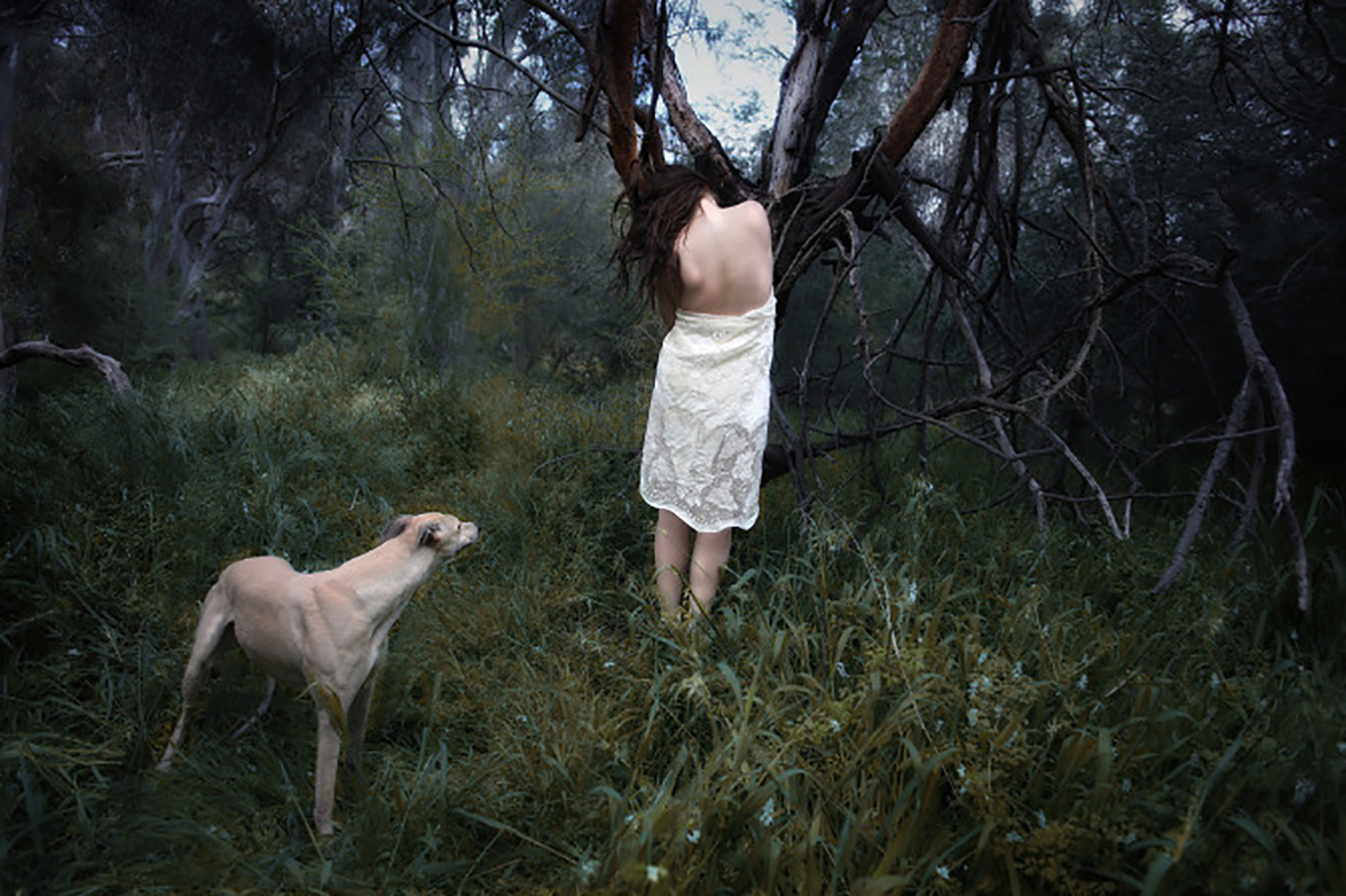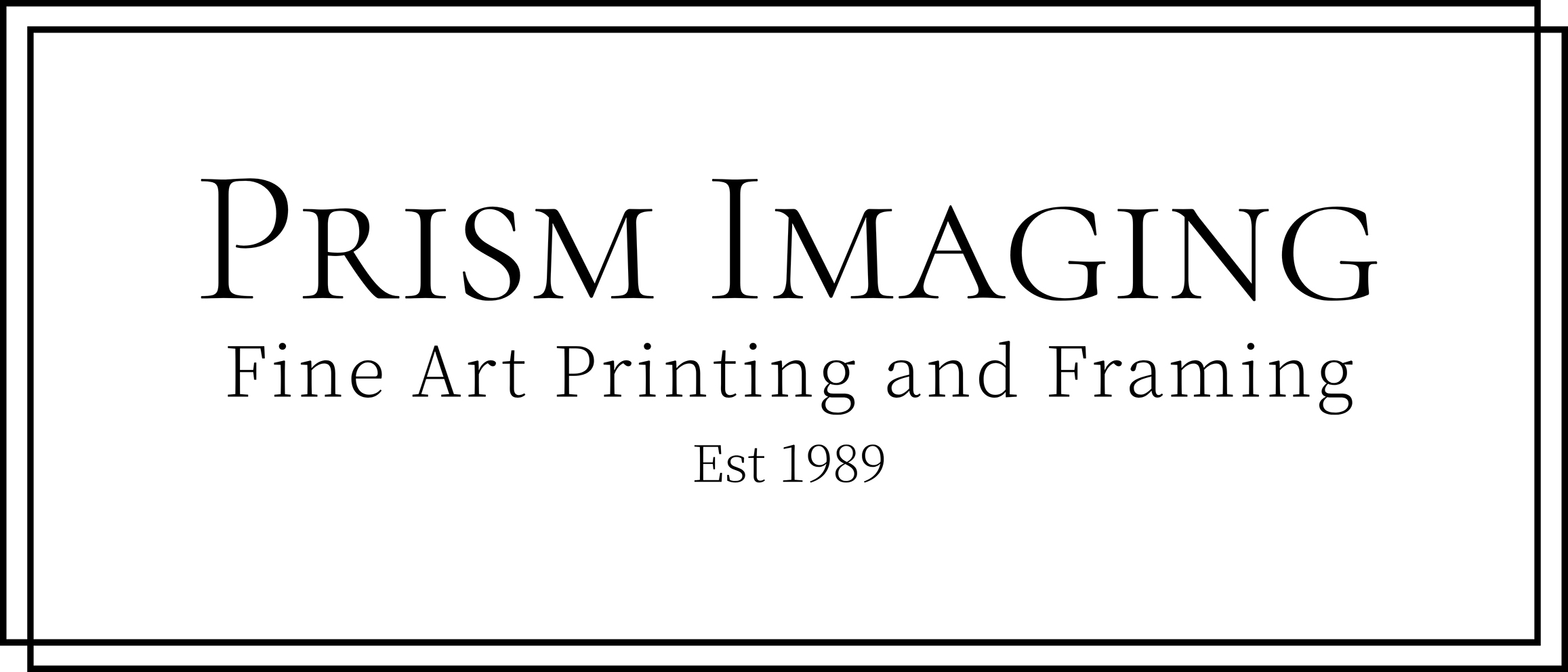Jessica Tremp is an accomplished photographic artist, her work takes on an ethereal atmosphere and can be likened to a sort of visual poetry. Although primarily based in Australia she has exhibited worldwide and has won a multitude of awards for her work. Focusing on themes of family and self her work demonstrates an aptitude for the human psyche and an ability to delve into those hidden layers.
Tell us about yourself and your creative journey.
Though born in Perth, I grew up in Switzerland. I was halfway through a teaching degree when I moved to Melbourne at 18. Lack of direction was definitely a big reason, as well as the lure of adventure, but ultimately there was a boy involved that was waiting at the other end. I’ve always needed a creative outlet in my life. As a child I would delight in fresh notepads and pens and during my years back in Australia, I ditched studying world politics at university after a couple of months in favour of dancing full-time at a college for a year. Photography has always hung around but it wasn’t until I had left a long term relationship in my early twenties that it became something I invested a lot more time and love into. Eventually and to my utter surprise it led to work and the odd exhibition. I now find myself very fortunate to make a living from it entirely.
How much has your work changed you and what have you come to know about yourself?
That’s a tricky question. Perhaps it’s made me more fearless? It’s definitely connected me with many people over the years that I otherwise would never have met. I’ve made some incredible friends through the mutual sharing of hearts through imagery.

Do you know what you want to say before you take a picture?
Sometimes yes, but mostly I find photography or any creative medium a different language altogether. It’s a way to communicate from the belly or heart rather than only the brain. I don’t tend to overthink why I’m creating something and there’s tremendous freedom in that.
I love the sense of movement, tactile nature and sense of experimentation in your work; does this style come naturally to you?
Yes, I think experimentation is where it all first started for me and where I still find the most joy. I really admire other photographers that are incredibly exact in their executions, but that was never really my strength.
An element of surprise, even with a planned piece, is what I generally strive for. Images very rarely work out exactly as I see them in my mind. Sometimes they turn out better or worse, but chance, movement and emotion can’t always be precisely predicted and these tend to be some of the key ingredients in various mediums of artworks that can cause my heart to skip a beat.

You feature yourself and your family in a lot of your images, do you have any boundaries when using subjects that are so close to you?
Actually, just before I became a mother, I had this fear that I would just share endless images of my kids and bore people to tears with them. However, after finding and loving other incredible photographers like Sally Mann for instance who have made sharing their family life some of their most intimate and beautiful bodies of work, I’ve changed the way I think about it. I still try not to over-share or at least to be a little more deliberate about what I put out. Letting people in has never been something I’ve shied away from though, I think most of us create for that very reason. I’m perhaps also a bit of an intimacy addict and seek this out in all of my subjects, not just my family.
Looking at your work, place and space seem to have an importance. Do you have an emotional attachment to these spaces and how do you go about selecting locations to shoot in?
There’s no specific attachment to a place, rather I think of it as a collaboration with a space I find myself in, wherever that may be. I love to be open to what a landscape or a room puts forth, its vibes or my perceptions or feelings toward it and then offer something from myself in return. It’s almost more about the act of involvement with it for me than the photography itself. A way of documenting the theatre of it.

There is a poetic feel to your work. The mood and feelings that arise feel like the lyrics of a melancholy song. Does music or poetry influence your work?
Oh, thank you. It’s odd maybe considering I’m quite a happy person but I always tend to gravitate towards the moodier, more melancholic. I think most, if not all of us, lead a rich, secret inner life that ebbs and flows with emotion. Whether it’s through writing, music or dance, art has probably always been a way of acknowledging this and communicating it to others.
Being self-taught do you think your path has been more difficult and have you had any mentors along the way?
There haven’t been any mentors, but I also never really put any pressure on myself to reach any goals with photography or make a living from it. That just gradually occurred very organically over the years. I still don’t quite believe it to be honest. Most of the time I still feel like I’m only just beginning to figure it all out. And truthfully, the more I learn, the less I feel like I know.

There is a mood to the colour palette and film-esque aesthetic to your images. What draws you to this aesthetic?
It’s not necessarily a conscious decision, but probably a good dose of nostalgia is at play.
Is it easy for you to switch between analogue and digital or is there one that fits with your aesthetic and work style best?
I wish I could tell you I shot more analogue, but it’s rare. I’m way too impatient. I do love the way it looks though and as you can imagine, its imperfections always appeal.

Being an exhibiting artist, does your relationship with your work change when working with print? What are the benefits for you with print vs. online media?
No pixels on a screen could ever compete with seeing your work printed. I’ll always take something tactile over a screen. It also asks you to slow down and take a work in much more effectively than flicking through a feed on your phone.
Is it difficult to stay authentic to your vision and style? Do you have any advice for aspiring fine art photographers?
Yes, in photography specifically, I do think so. It’s such a heavily saturated medium, especially nowadays with social media. I see a lot of photographers whose work comes across as quite diluted because they try to appeal to too many people. I find it hard not to feel pulled in many style directions too. When I’m working though, it’s generally by impulse, so there’s not much chance to overthink things. Keep shooting what you’re passionate about, again and again and you’ll soon find your own voice emerging from it.
Credits
Written by Stella Nguyen
Art Direction by Joanna Nixon
Photography by Jessica Tremp

